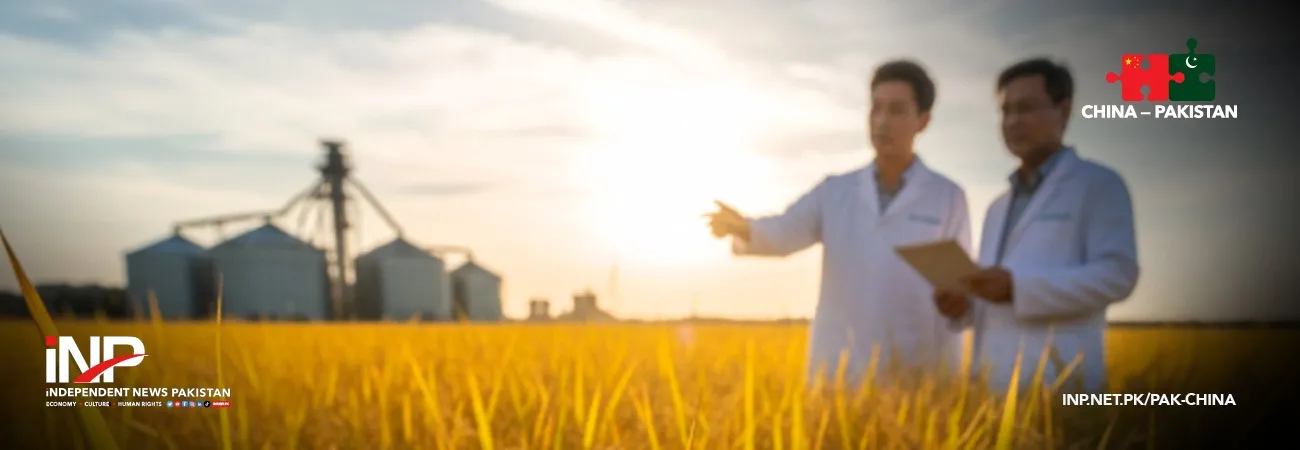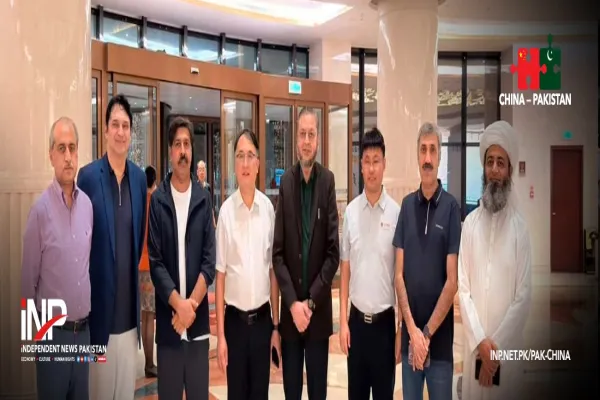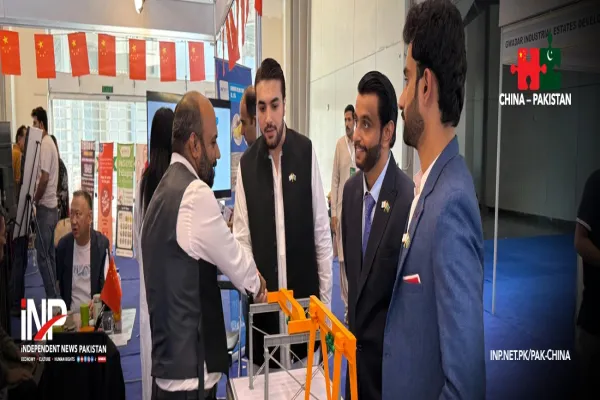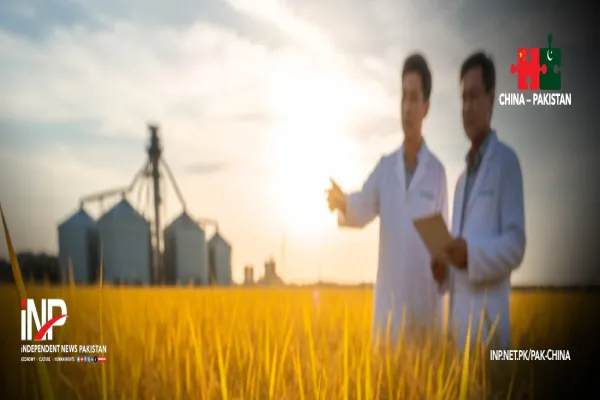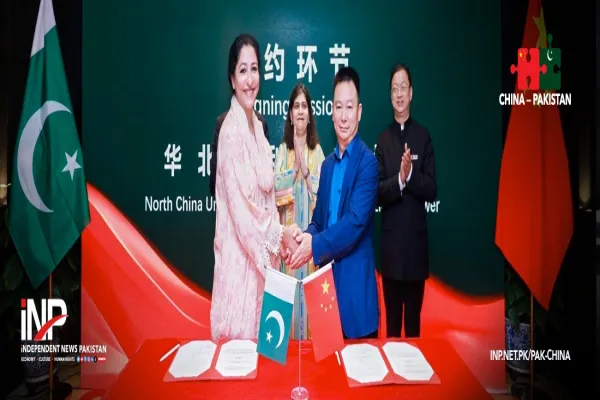i NEWS PAK-CHINA
Pakistani and Chinese scientists have recently published two high-impact research papers that promise to cut post-harvest losses, strengthen rice quality and deepen agricultural cooperation between the two countries.
The Rice Research Institute Kala Shah Kaku (RRI-KSK) called them “a data-driven success” and “the result of a powerful international collaboration between Northeast Agricultural University, China, Rice Research Institute Kala Shah Kaku, Pakistan, and partners from Germany.”
“Together, we tackled pressing issues in rice quality improvement and processing efficiency, core priorities for the rice industry in Pakistan and across Asia,” the institute said, according to a report carried by Gwadar Pro. The first paper, published in the Journal of Agriculture and Food Research, focused on improving drying and tempering practices for extra-long rice varieties.
According to the study led by Dr. Faraz Ahmad Khan, Scientific Officer at RRI-KSK, a process set at 53°C for 60 minutes with an initial moisture content of 17.5% produced the best results for milling and cooking quality. This preserved grain integrity, minimized cracks, and maintained cooking properties, ensuring higher head rice yields and better quality for export markets.
Rice is Pakistan’s second-largest export earner, with an annual production of about 9.7 million tons that generates billions of dollars in revenue. Yet, poor post-harvest practices cause major losses, particularly for Basmati and extra-long grain varieties. The study co-authored by Chinese researcher Naveed Mahmood of Northeast Agricultural University noted that “extra-long rice is exported to more than 66 countries, and head rice yield is critical for the economics of the milling sector.”
By adopting the optimized drying process, he emphasized, Pakistan could reduce waste and enhance its competitiveness in international markets. The team also applied artificial intelligence (AI) to modernize agriculture. Machine learning models, especially the k-nearest neighbors (k-NN) algorithm, were used to predict rice quality under different drying scenarios.
“Digital tools like k-NN can accurately guide farmers and millers toward practices that ensure both efficiency and quality,” the study observed, underscoring the growing role of smart technologies in farming. Second study: Ultrasound pre-treatment of soy protein isolate The second paper, published in Food Chemistry, examined the effects of ultrasound pre-treatment on soy protein isolate (SPI) before different drying methods like freeze-drying, spray drying and oven drying.
The study found that ultrasound exposure influenced the nutritional and functional properties of SPI. Lysine, for instance, was the most heat-sensitive amino acid, with levels dropping by up to 13.65% in pretreated dried samples. Spray drying improved foaming stability and reduced browning, while freeze-drying better preserved emulsification activity and oil-holding capacity. Microscopic analysis showed porous structures in freeze-dried samples and compact, wrinkled structures in spray- and oven-dried ones.
According to the RRI-KSK statement, “the Chinese counterparts led the lab-based analysis with cutting-edge instrumentation, ensuring highly precise evaluations of grain quality and processing responses. Their contribution added world-class scientific depth to the study, producing robust experimental results. On the other end, our team … led the data analysis, modeling, and statistical interpretation using advanced tools like RStudio and Python.”
The institute added, “by optimizing conditions and identifying genotype responses through data science, we offer evidence-backed strategies to rice breeders, processors, and exporters.” RRI-KSK is actively collaborating with Chinese institutions on high-yield and quality rice cultivation. Last month, three of its scientists were selected for a six-month training program in China under the Prime Minister’s Initiative for Capacity Building of 1,000 Agricultural Graduates.
Upon their return, the hands-on, research-oriented experience is expected to translate into practical innovations that can directly benefit Pakistan’s agricultural sector.
Credit: Independent News Pakistan (INP) — Pak-China


